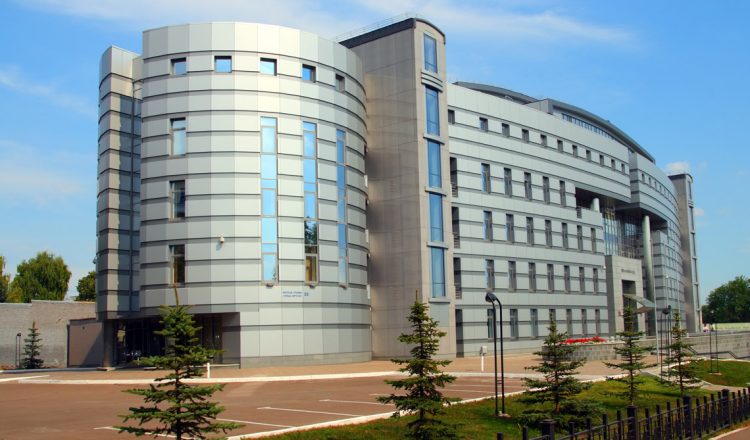
Mega projects are large-scale initiatives that involve significant investment, resources, and complexity. These projects typically encompass various sectors such as infrastructure, construction, energy, transportation, and urban development. They are characterized by their size, scope, and impact on regional or national economies.
Here are some key points about mega projects:
1. Scale and Scope: Mega projects are distinguished by their large scale and extensive scope. They often involve the construction of major infrastructure such as airports, seaports, highways, bridges, dams, or high-speed rail networks. These projects can span multiple years and require substantial financial resources.
2. Economic Impact: Mega projects have the potential to stimulate economic growth and development. They create employment opportunities, attract investments, and enhance productivity in the regions where they are implemented. These projects can contribute to the overall economic competitiveness of a country or region.
3. Infrastructure Development: Mega projects often focus on the development of critical infrastructure. They aim to address existing infrastructure gaps, improve connectivity, and enhance the overall quality of transportation, energy, and communication systems. These projects can have a transformative effect on the infrastructure landscape of a country or region.
4. Technological Advancements: Mega projects frequently incorporate cutting-edge technologies and engineering innovations. They serve as platforms for technological advancements and can push the boundaries of what is possible in terms of design, construction, and operation. Examples include the implementation of smart city technologies, renewable energy integration, or advanced transportation systems.
5. Stakeholder Collaboration: Mega projects involve collaboration among various stakeholders, including government entities, private sector organizations, international partners, and local communities. Effective stakeholder engagement and coordination are crucial for ensuring project success, addressing potential challenges, and managing risks.
6. Environmental Considerations: As mega projects can have significant environmental impacts, there is an increasing emphasis on incorporating sustainable practices. Environmental assessments, mitigation measures, and adherence to sustainability standards are important aspects of many mega projects. This includes considerations for minimizing carbon emissions, preserving biodiversity, and promoting eco-friendly practices.
7. Risk Management: Due to their complexity and long project lifecycles, mega projects are associated with various risks and uncertainties. Effective risk management strategies are essential to address potential cost overruns, delays, and other challenges that may arise during project implementation.
8. Legacy and Long-Term Benefits: Mega projects can leave a lasting legacy for the communities and regions where they are undertaken. They can bring about improvements in quality of life, create new tourism opportunities, enhance connectivity, and stimulate further economic development even after the project’s completion.
It’s important to note that while mega projects offer significant potential benefits, they also come with challenges such as cost management, stakeholder coordination, and environmental impact mitigation. Therefore, thorough planning, effective governance, and transparency are critical for the successful execution of these projects.



